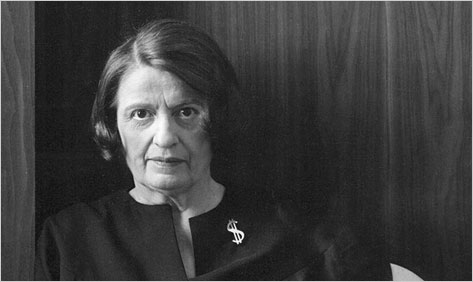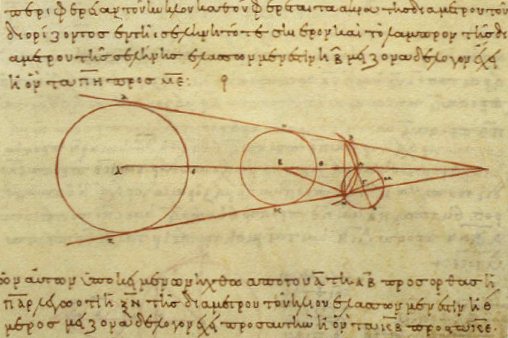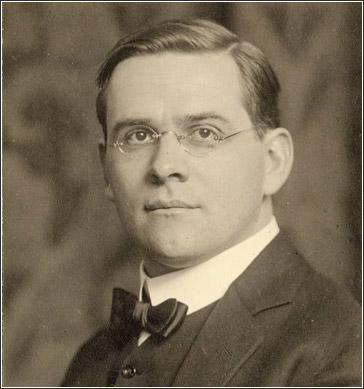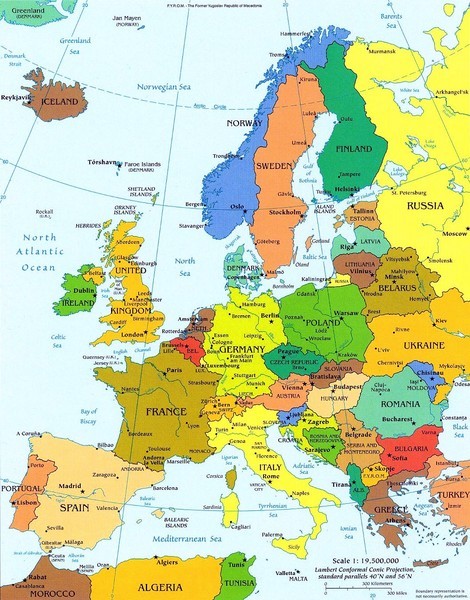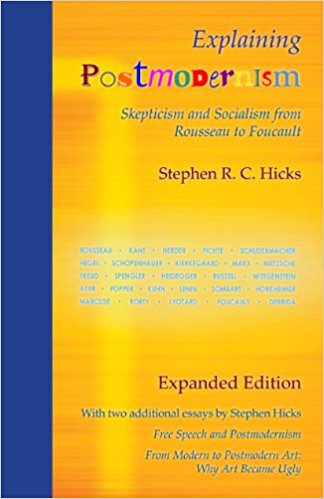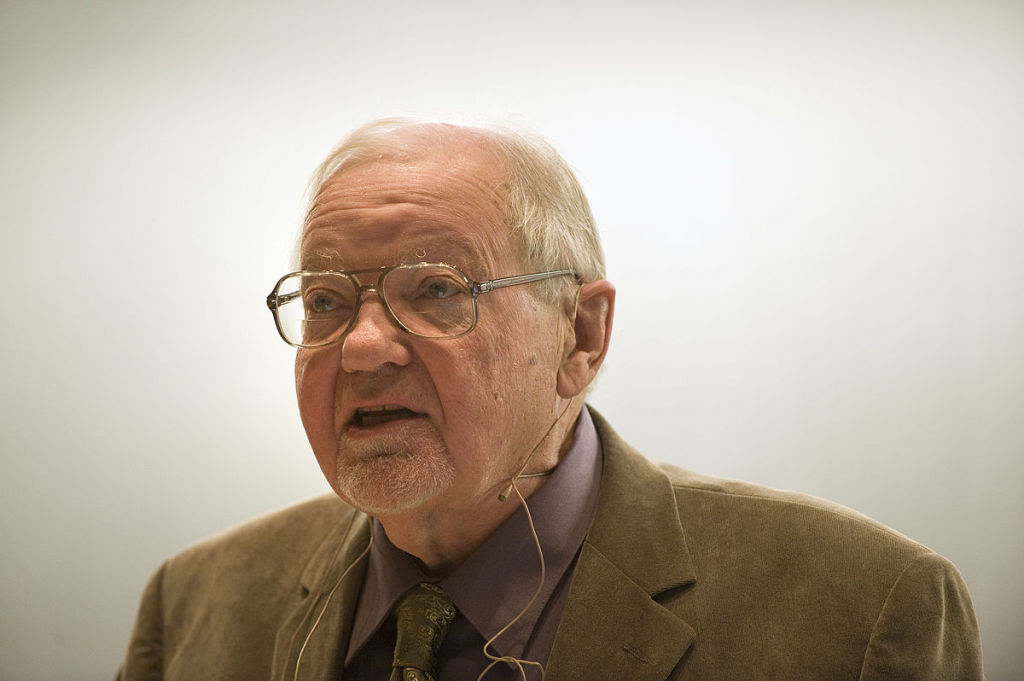Rand in *The Encyclopedia of Concise Concepts* by Women Philosophers
I wrote this brief entry on “Self-interest in Ayn Rand”, contrasting her view to the strong nativist e.g., Christianity, Freud) and strong tabula rasa (e.g., Skinner, Foucault) positions. Source: Ruth Hagengruber and Mary Ellen Waithe, editors, The Encyclopedia of Concise Concepts by Women Philosophers, Paderborn University, Germany, 2018.
Rand in *The Encyclopedia of Concise Concepts* by Women Philosophers Read More »
